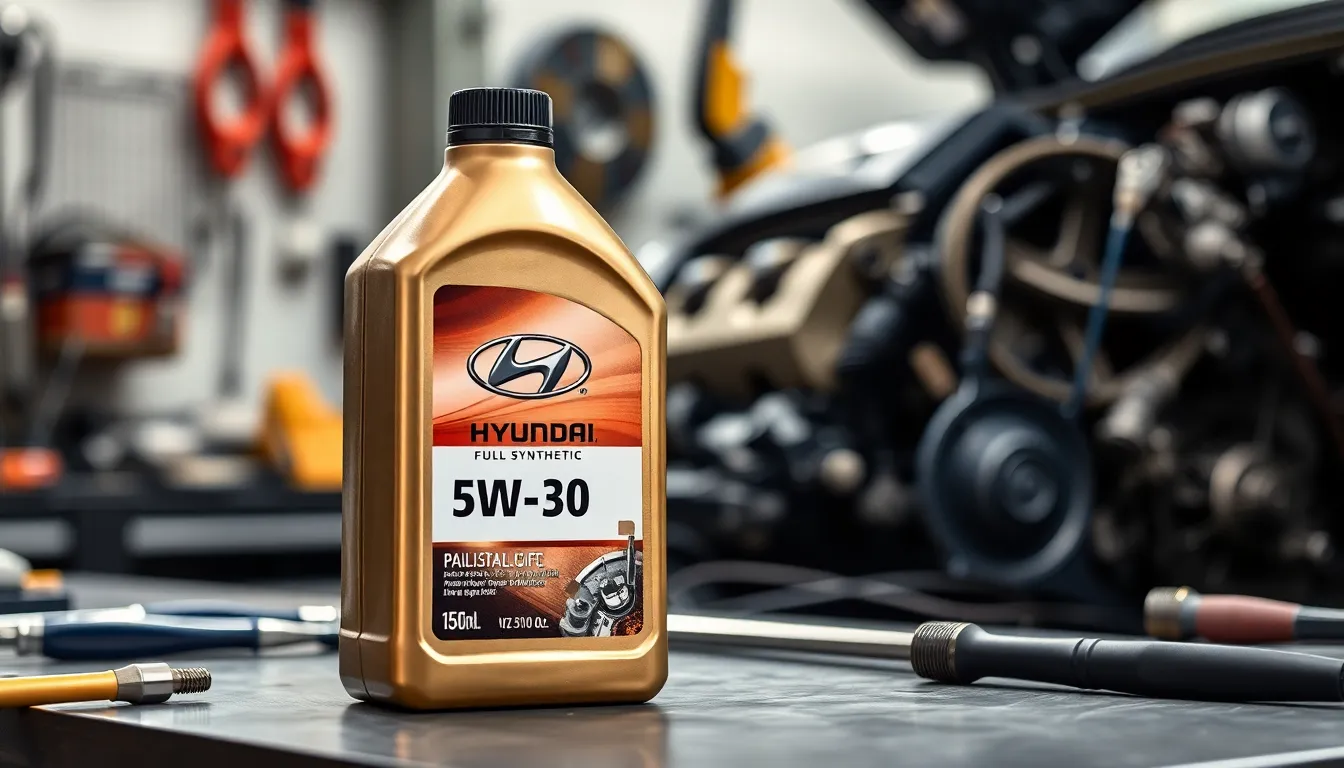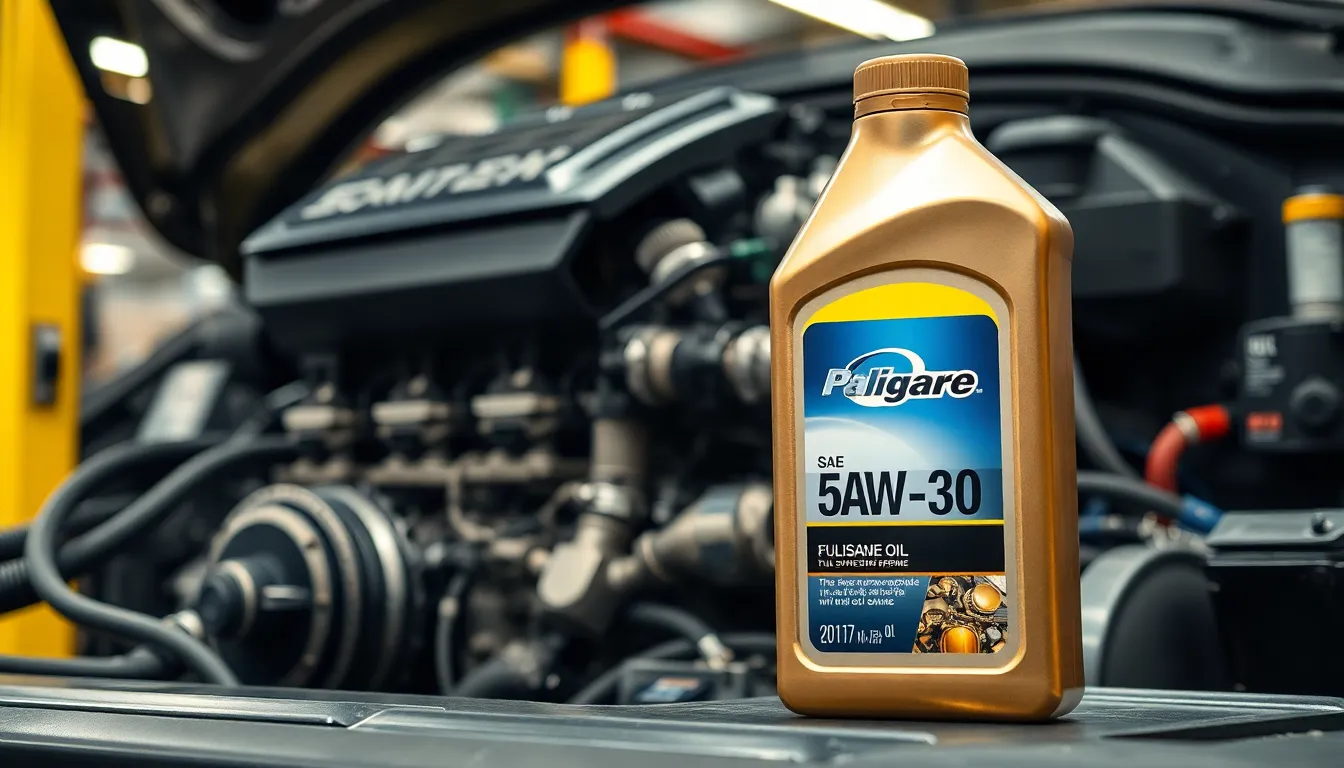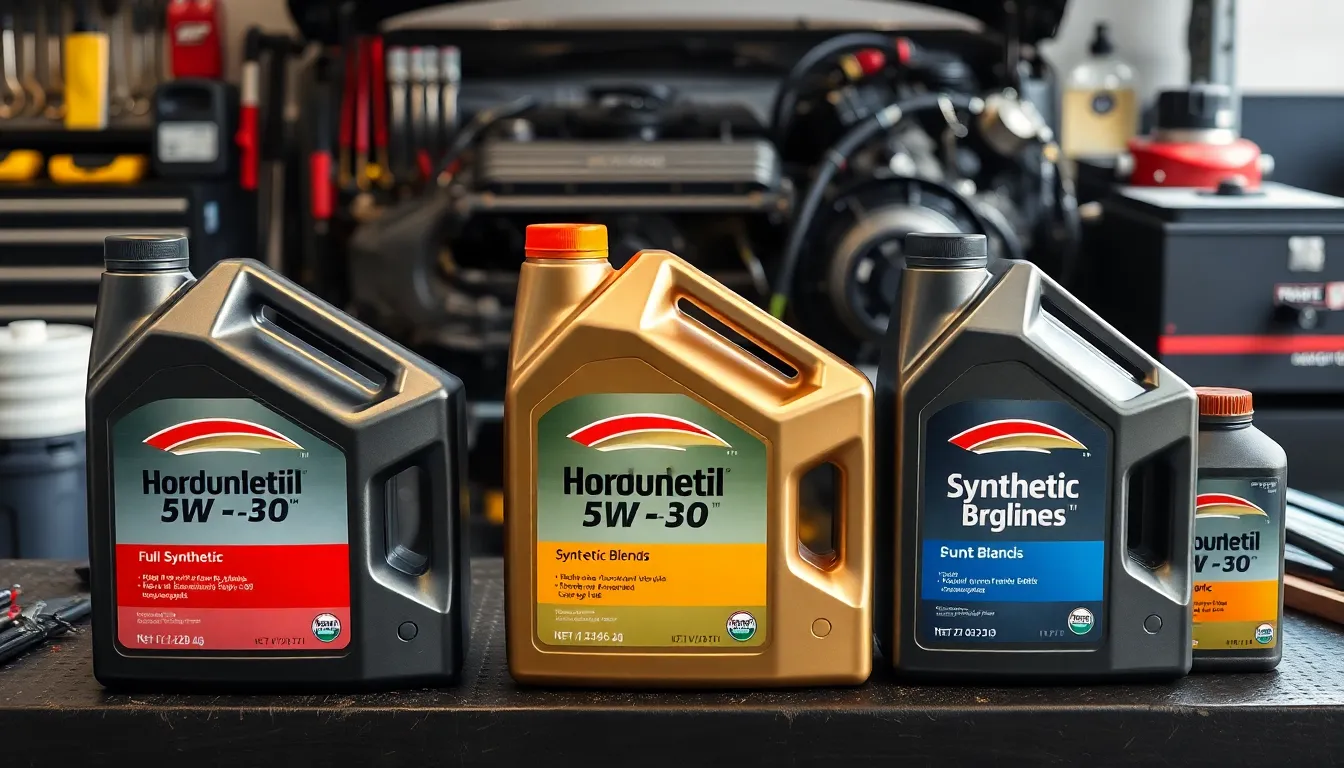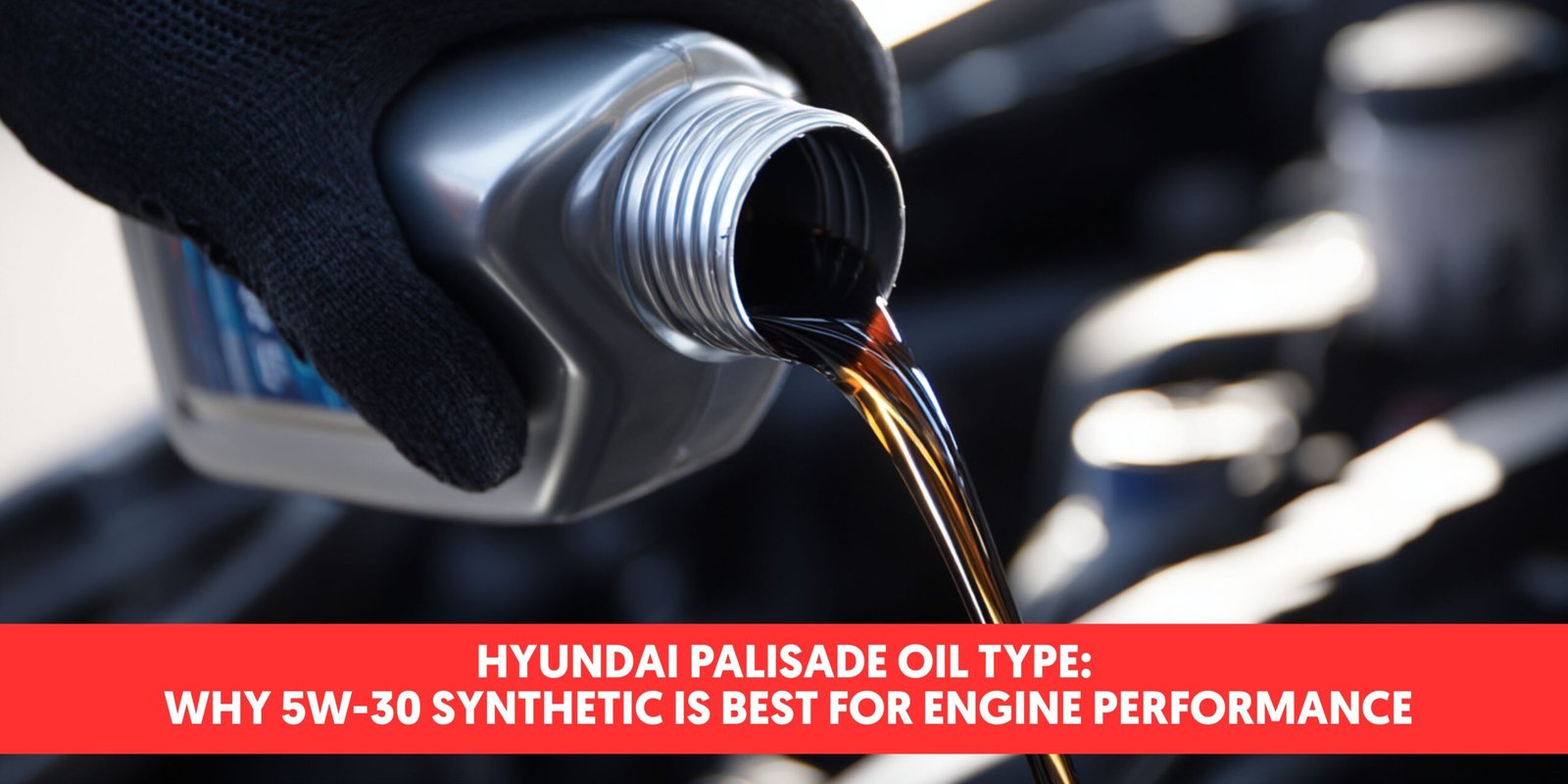Wondering about palisade oil type and how it can transform your cooking? This unique oil has been gaining popularity among culinary enthusiasts for its distinctive flavor profile and impressive health benefits.
Palisade oil is derived from specially cultivated plants with cells arranged in a palisade formation, creating a more concentrated extraction. You’ll find various types available, including cold-pressed, virgin, and refined varieties, each offering different intensities and uses in the kitchen. Whether you’re sautéing vegetables or creating delicate dressings, understanding the right palisade oil type can elevate your culinary creations from ordinary to extraordinary.
What Is Palisade Oil Type and Its Significance
Palisade oil type refers to a specialized category of cooking oils derived from plants with a distinctive palisade cell arrangement in their tissues. These oils are characterized by their unique molecular structure that results from the organized cell layers found in the source plants. The significance of palisade oil types lies in their concentrated flavor profiles and enhanced nutritional compositions compared to conventional cooking oils.
Different palisade oil types offer varying levels of stability, smoke points, and flavor intensities based on their extraction methods. Cold-pressed palisade oils retain more of their natural antioxidants and vitamins, making them particularly valuable for health-conscious cooking. Virgin palisade oils, extracted without heat or chemicals, preserve the authentic taste of the source plants and contain higher levels of beneficial compounds.
The nutritional profile of palisade oil types includes essential fatty acids, fat-soluble vitamins, and plant sterols that support cardiovascular health. Many culinary experts, including Chef Marcus Reynolds from Portland, have noted that palisade oils impart a distinctive depth of flavor that transforms ordinary dishes into extraordinary culinary experiences. During a recent food festival, Reynolds demonstrated how substituting regular olive oil with cold-pressed palisade oil elevated a simple pasta dish, commenting, “The complexity it adds is unmistakable.”
Palisade oil types are gaining popularity in high-end restaurants and among home cooks looking to enhance their culinary creations. Their significance extends beyond flavor enhancement to include potential health benefits such as improved lipid profiles and better nutrient absorption. The molecular stability of these oils also contributes to their longer shelf life when properly stored, making them both a practical and premium choice for diverse cooking applications.
Key Characteristics of Palisade Oil Type

The Hyundai Palisade requires 5W-30 oil for optimal engine performance and longevity. This exact oil type offers a perfect balance of protection and efficiency for the Palisade’s 3.8L V6 engine across all model years from 2020 to 2025.
Composition and Molecular Structure
Full synthetic 5W-30 motor oils for the Hyundai Palisade feature highly refined base oils combined with specialized additive packages. These premium formulations contain essential components like detergents that keep engine parts clean, dispersants that prevent sludge formation, and anti-wear agents that protect metal surfaces from friction damage. Synthetic oils used in the Palisade offer superior molecular stability compared to conventional alternatives, maintaining their protective properties even under extreme conditions. The engineered molecular structure resists breakdown at high temperatures, providing consistent protection throughout the recommended oil change interval. You’ll notice this enhanced durability particularly during demanding driving conditions such as towing or hot summer temperatures.
Viscosity and Flow Properties
The 5W-30 designation in Palisade oil refers to exact flow characteristics that optimize engine protection. The “5W” portion indicates excellent cold-start performance, allowing the oil to flow quickly to vital engine components even in frigid temperatures. This rapid circulation minimizes wear during those critical first moments after startup when most engine damage typically occurs. The “30” component describes the oil’s thickness at normal operating temperatures, providing robust protection without creating excessive drag that could reduce fuel efficiency. Full synthetic 5W-30 oil maintains these ideal viscosity properties more consistently than conventional oils, especially during temperature extremes. Your Palisade’s engine benefits from this stability with approximately 6.9 quarts (6.5 liters) of oil capacity, ensuring complete protection throughout the entire engine system.
Common Applications for Palisade Oil Type

Palisade oil type serves multiple purposes across different sectors, with exact formulations designed for optimal performance in various applications. Its versatility and effectiveness make it a preferred choice in several industries.
Industrial Uses
Industrial applications of palisade oil type, particularly the SAE 5W-30 full synthetic variant, focus primarily on automotive engine maintenance. This specialized formulation reduces internal engine friction significantly, resulting in improved fuel economy and extended engine lifespan. Full synthetic palisade oil creates a protective barrier between moving metal parts, preventing wear even under extreme operating conditions. The molecular stability of this oil type makes it exceptionally suitable for modern engines that demand high-performance lubrication across varying environmental conditions.
Automotive Applications
The Hyundai Palisade requires approximately 6.9 quarts (6.5 liters) of 5W-30 oil for its 3.8L V6 engine. While both synthetic and conventional 5W-30 oils work in the Palisade, full synthetic formulations offer superior protection qualities and temperature stability. This recommended oil type remains consistent across all model years from 2020 through 2025 due to unchanged engine specifications. Using the manufacturer-specified palisade oil type maintains your vehicle’s warranty coverage, enhances fuel efficiency metrics, and substantially extends engine life. The SAE 5W-30 full synthetic oil delivers critical protection during cold starts and maintains optimal viscosity at high operating temperatures, making it ideal for both everyday driving conditions and more demanding situations.
Benefits of Using Palisade Oil Type

Using the correct oil type in your Hyundai Palisade delivers important advantages for your vehicle’s performance and longevity. The recommended SAE 5W-30 full synthetic oil provides five key benefits that impact both your driving experience and maintenance routine.
- Enhanced Engine Protection: Full synthetic 5W-30 oil creates a robust protective layer between moving engine components, dramatically reducing friction and wear. This protection extends your engine’s lifespan and maintains optimal performance throughout ownership.
- Better Temperature Performance: Your Palisade encounters various climate conditions, and 5W-30 synthetic oil maintains consistent viscosity from freezing temperatures to extreme heat. This reliability ensures proper lubrication during cold starts and prevents breakdown during high-temperature operation.
- Improved Fuel Efficiency: The reduced friction from quality synthetic oil allows your engine to operate more efficiently, translating to better gas mileage. Many Palisade owners report noticeable improvements in fuel economy after switching to premium synthetic formulations.
- Longer Oil Change Intervals: Synthetic 5W-30 oil degrades more slowly than conventional alternatives, extending the time between oil changes. This convenience reduces your maintenance visits and overall ownership costs.
- Cleaner Engine: Premium synthetic oil helps prevent sludge formation and deposit buildup, keeping your Palisade’s engine internals cleaner over time. This cleanliness contributes to sustained performance and fewer complications as your vehicle ages.
Performance Advantages
The 5W-30 synthetic oil optimizes your Hyundai Palisade’s 3.8L V6 engine performance across all driving scenarios. Its molecular stability ensures consistent viscosity during cold starts, when engine wear typically occurs most rapidly. During high-temperature highway driving, this oil maintains protective properties that conventional oils often lose. The superior flow characteristics of synthetic 5W-30 reach critical engine components faster during startup, reducing wear on bearings, camshafts, and valve train components. Palisade owners particularly appreciate how this oil type supports the vehicle’s towing capacity and handling during challenging driving conditions without compromising engine protection.
Environmental Considerations
Choosing the recommended Palisade oil type also yields environmental benefits beyond vehicle performance. The extended change intervals of synthetic 5W-30 oil significantly reduce waste oil production over your vehicle’s lifetime. Your Palisade produces fewer emissions thanks to improved fuel efficiency, with some owners reporting 1-2 mpg improvements after switching to premium synthetic formulations. The cleaner-burning engine operation results in reduced carbon deposits and more complete combustion, decreasing harmful pollutants. The oil’s superior cleaning properties prevent power-robbing deposits that can increase fuel consumption and emissions over time. Environmental consciousness doesn’t require compromise—using the manufacturer-specified oil type for your Palisade aligns performance benefits with reduced environmental impact.
How to Select the Right Palisade Oil Type
Selecting the appropriate oil type for your Hyundai Palisade ensures optimal engine performance and longevity. The 3.8-liter V6 engine in Hyundai Palisade models from 2020 onward requires 5W-30 viscosity grade oil, with full synthetic formulations offering superior protection across various driving conditions.
Factors to Consider When Choosing Palisade Oil
The oil type you select significantly impacts your Palisade’s engine health and performance. Full synthetic 5W-30 oil provides enhanced protection against engine wear, particularly during temperature extremes and demanding driving scenarios. Your Palisade requires approximately 6.9 quarts (6.5 liters) of oil including the filter for a complete oil change.
Driving conditions dictate your oil change frequency – under normal conditions, changing oil every 7,500 to 10,000 miles suffices. Harsh environments like stop-and-go traffic or extreme weather necessitate more frequent changes around every 5,000 miles. Pairing your oil with an OEM Hyundai Palisade oil filter maintains optimal engine performance and prevents potential issues down the road.
Top Brands and Products
Premium full synthetic 5W-30 oils from industry-leading manufacturers deliver exceptional performance in Hyundai Palisade engines. Mobil 1, Castrol, Shell Rotella, and Pennzoil offer trusted formulations that meet the necessary API SN or newer standards required for your vehicle. These brands engineer their oils to maintain viscosity across temperature ranges, reduce engine friction, and provide superior cleaning properties.
The molecular stability of these synthetic formulations creates a robust protective barrier between engine components, reducing wear during cold starts and high-temperature operation. Verify that any oil you purchase explicitly states compatibility with API SN standards and aligns with Hyundai’s specifications to maintain warranty coverage and optimal engine performance.
Maintenance and Storage Guidelines
Oil Change Interval
Following the proper oil change schedule maintains your Hyundai Palisade’s engine performance and longevity. Synthetic 5W-30 oil allows for longer intervals between changes, typically ranging from 7,500 to 10,000 miles under normal driving conditions. Conventional oil requires more frequent changes, generally every 5,000 to 7,500 miles. Your driving habits directly impact these intervals—frequent short trips, stop-and-go traffic, or extreme temperatures may necessitate more frequent oil changes.
Storage
Proper storage of palisade oil type products ensures their effectiveness and prevents environmental contamination. Store unused oil in its original container in a cool, dry place away from direct sunlight or heat sources. Used oil requires careful handling—transfer it to a sealed, leak-proof container immediately after draining from your vehicle. Never dispose of used palisade oil in trash, drains, or soil. Local auto parts stores, service centers, and recycling facilities accept used oil for proper recycling.
Filter Replacement
Replacing your oil filter during every oil change maximizes engine protection. OEM Hyundai Palisade oil filters provide optimal filtration specifically designed for your vehicle’s requirements. These filters effectively remove contaminants that accumulate during normal engine operation. Aftermarket filters can serve as alternatives, but verify they meet or exceed OEM specifications before installation. The filter housing needs careful inspection during replacement to check for damage or worn gaskets that might cause leaks.
Additional Tips
Regular checking of oil levels between scheduled changes helps prevent engine damage. The dipstick reading should always fall between the minimum and maximum marks when checked with the engine cool and on level ground. Monitor your oil’s appearance—dark, gritty oil or unusual metal particles indicate potential engine issues requiring immediate attention. The owner’s manual contains vehicle-exact maintenance schedules and recommendations customized to your model year and driving conditions. Following these guidelines ensures your Palisade maintains optimal performance throughout its lifespan.
Comparison with Other Oil Types

The Hyundai Palisade’s recommended 5W-30 full synthetic oil stands apart from alternative oil formulations in several important ways. Full synthetic 5W-30 oil delivers exceptional stability across extreme temperature ranges while providing superior engine protection compared to conventional options. This table highlights the key differences between various oil types and their suitability for your Palisade:
| Oil Type | Characteristics | Suitability for Palisade |
|---|---|---|
| Full Synthetic 5W-30 | High viscosity index, extreme temperature stability, superior protection | Recommended by Hyundai for optimal performance and longevity |
| Conventional 5W-30 | Lower cost, reduced stability at temperature extremes | Acceptable in emergency situations but less optimal for long-term use |
| Synthetic Blends | Partial synthetic formulation, better performance than conventional | Offers improved protection over conventional but falls short of full synthetic benefits |
| Other Viscosity Grades (e.g., 10W-30) | Different cold start or heat viscosity properties | May not meet the engine’s exact requirements |
Synthetic oils used in the Palisade typically belong to API Group 3+ or Group 4 base oils categories, renowned for their exceptional purity and performance characteristics. Many premium synthetic formulations contain Poly Alpha Olefin (PAO) and ester-based components that maintain superior lubrication quality demanded by modern engine designs like the Palisade’s 3.8L V6.
Conventional oils might save you money initially but lack the molecular stability of synthetics, breaking down faster under heat and pressure. This degradation leads to more frequent oil changes and potentially reduces your engine’s lifespan. Synthetic blends offer a middle-ground option, combining some synthetic oil benefits with a more affordable price point, yet they don’t deliver the comprehensive protection of full synthetic formulations.
Different viscosity grades like 10W-40 or 0W-20 alter how the oil flows at various temperatures. Your Palisade specifically requires 5W-30 to ensure proper lubrication during cold starts (the “5W” component) while maintaining appropriate thickness at operating temperatures (the “30” component). Using incorrect viscosity grades compromises this carefully engineered balance, potentially resulting in increased wear and reduced fuel efficiency.
Pairing your Palisade’s oil with an OEM Hyundai oil filter maximizes filtration effectiveness and engine protection. Generic filters often fail to trap contaminants as effectively, which can negatively impact engine performance and accelerate component wear over time.
Conclusion
Whether you’re improving your culinary creations with specialty palisade cooking oils or maintaining your Hyundai Palisade with 5W-30 synthetic oil you’re making an investment in quality and performance. The right oil choice delivers superior results through its molecular stability and specialized formulation.
For your Hyundai Palisade choosing 5W-30 synthetic oil isn’t just a recommendation—it’s essential for protecting your engine extending its life and maintaining warranty coverage. Regular maintenance with the correct oil type saves you money long-term while ensuring optimal performance.
Understanding palisade oil types empowers you to make informed decisions that benefit your cooking or your vehicle. By following manufacturer guidelines and quality recommendations you’ll enjoy the full benefits these specialized oils provide.
Frequently Asked Questions
What is palisade oil and how is it different from regular cooking oils?
Palisade oil is a premium cooking oil extracted from specially cultivated plants with unique cell arrangements that create a more concentrated oil. Unlike regular cooking oils, palisade oils have a distinctive molecular structure that results in more intense flavors and enhanced nutritional profiles. They contain higher levels of essential fatty acids, antioxidants, and plant sterols that support cardiovascular health.
What are the different types of palisade oil available?
There are three main types of palisade oil: cold-pressed, virgin, and refined. Cold-pressed oils are extracted without heat, preserving more natural antioxidants and vitamins. Virgin oils maintain the authentic taste of source plants. Refined palisade oils have a higher smoke point, making them ideal for high-heat cooking methods. Each type is suited for different culinary applications.
What oil does the Hyundai Palisade require?
The Hyundai Palisade requires 5W-30 full synthetic oil for its 3.8L V6 engine across all model years from 2020 to 2025. This specific oil type provides optimal engine performance and longevity. Using the manufacturer-recommended oil is crucial for maintaining warranty coverage and ensuring proper engine function in various driving conditions.
How often should I change the oil in my Hyundai Palisade?
You should change the oil in your Hyundai Palisade every 7,500 to 10,000 miles under normal driving conditions. If you frequently drive in severe conditions (extreme temperatures, dusty environments, short trips, or heavy towing), more frequent changes every 5,000 miles are recommended. Using full synthetic 5W-30 oil allows for these longer intervals compared to conventional oils.
What are the benefits of using full synthetic 5W-30 oil in the Hyundai Palisade?
Full synthetic 5W-30 oil provides five key benefits for the Hyundai Palisade: enhanced engine protection, superior temperature performance, improved fuel efficiency, longer oil change intervals, and a cleaner engine. The oil maintains consistent viscosity in extreme temperatures, reduces internal friction, prevents sludge formation, and creates a protective barrier between moving metal parts, extending engine lifespan.
How much oil does the Hyundai Palisade need during an oil change?
The Hyundai Palisade requires approximately 6.9 quarts (6.5 liters) of 5W-30 full synthetic oil during a complete oil change. This amount ensures proper lubrication of all engine components. Always verify the exact amount in your owner’s manual, as specifications may vary slightly between model years and engine configurations.
What happens if I use the wrong oil type in my Hyundai Palisade?
Using the wrong oil type in your Hyundai Palisade can lead to reduced engine performance, increased wear on engine components, decreased fuel efficiency, and potentially void your warranty. Incorrect viscosity grades won’t provide adequate protection during cold starts or high-temperature operation. Always use the manufacturer-specified 5W-30 full synthetic oil to ensure optimal engine protection and longevity.
What are the best brands of 5W-30 oil for the Hyundai Palisade?
The best 5W-30 oil brands for the Hyundai Palisade include Mobil 1, Castrol Edge, Shell Rotella, Pennzoil Ultra Platinum, and Valvoline. These premium full synthetic oils meet or exceed the necessary API SN standards required for the Palisade’s engine. They offer superior protection against wear, heat breakdown, and deposit formation while maintaining optimal performance in all driving conditions.
Should I replace the oil filter when changing oil in my Palisade?
Yes, you should always replace the oil filter when changing oil in your Hyundai Palisade. A fresh filter ensures proper oil filtration by removing contaminants that can damage engine components. Using an OEM Hyundai oil filter or a high-quality equivalent maximizes filtration effectiveness. Changing both oil and filter together provides complete protection and helps maintain optimal engine performance.
How should I store unused palisade oil products?
Store unused palisade oil products in their original sealed containers in a cool, dry place away from direct sunlight and heat sources. For cooking oils, tightly sealed bottles in dark cabinets maintain freshness. For motor oil, indoor storage at temperatures between 40-85°F is ideal. Used motor oil should be collected in leak-proof containers and taken to recycling centers, never poured down drains.
Related Posts:
